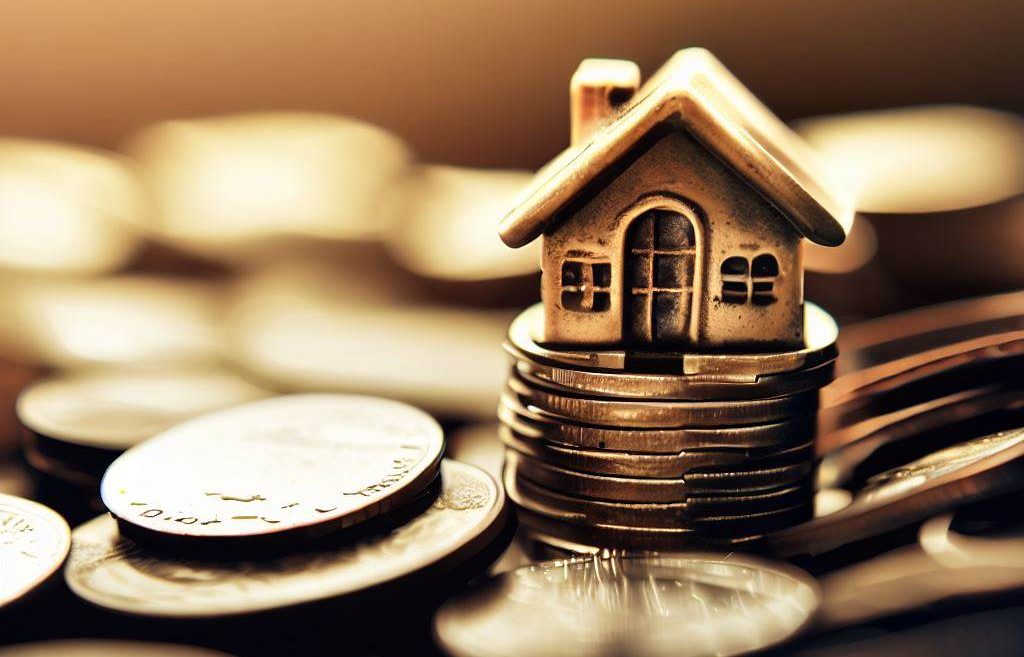Building equity in your home is a significant financial achievement that can have a positive impact on your overall financial well-being. Equity represents the value of your property that you truly own, over and above any outstanding mortgage or liens. As you make mortgage payments and your property’s value appreciates, your equity grows. Let’s explore the key benefits of building equity in your home:
1. Increased Net Worth: Building equity is a direct way to increase your net worth. Your net worth is calculated by subtracting your liabilities (such as debts) from your assets (such as the value of your home). As your home’s equity grows, your net worth rises, contributing to your overall financial stability.
2. Financial Flexibility: Home equity can provide you with financial flexibility and options. You can tap into your home’s equity through a home equity loan or a home equity line of credit (HELOC) to fund major expenses such as home renovations, education costs, medical bills, or debt consolidation. These options may offer lower interest rates compared to other types of loans.
3. Home Improvements: Equity can be used to fund home improvement projects that can increase the value of your property. Improving your home’s curb appeal, and energy efficiency, or adding extra living space can enhance its market value, allowing you to enjoy a better living environment and potentially command a higher selling price.
4. Emergency Fund: Home equity can serve as a valuable emergency fund. In times of unexpected financial challenges, you may consider accessing your home’s equity to cover essential expenses without resorting to higher-interest loans or credit cards.
5. Retirement Planning: Equity in your home can be a component of your retirement planning. As you build equity, you’re creating an asset that can be sold or leveraged to provide financial support during your retirement years.
6. Investment Opportunities: Homeownership can open up investment opportunities. Some homeowners choose to invest in real estate by purchasing additional properties or rental units. Using the equity from your current home can help you secure financing for such investments.
7. Freedom from Mortgage Payments: Building equity means reducing your mortgage balance. As you make consistent payments over time, you’ll eventually reach a point where you’ve paid off your mortgage entirely. This milestone brings the freedom of homeownership without monthly mortgage obligations, contributing to a more financially stress-free life.
8. Legacy and Inheritance: Equity can become part of your legacy. Whether you intend to pass down your home to heirs or beneficiaries or sell it to provide for loved ones, the equity you’ve built can contribute to their financial security.
9. Potential for Profit: As your home’s value appreciates over the years, you may have the opportunity to sell your property at a higher price than you initially paid. The difference between the sale price and your remaining mortgage balance represents potential profit that can be reinvested or used for other financial goals.
In conclusion, building equity in your home is a long-term financial strategy that offers numerous benefits. It contributes to your net worth, provides financial options and security, supports home improvements, and can even play a role in retirement planning. Monitoring your home’s equity growth and making informed financial decisions can help you maximize the advantages of homeownership and achieve your long-term financial goals.

